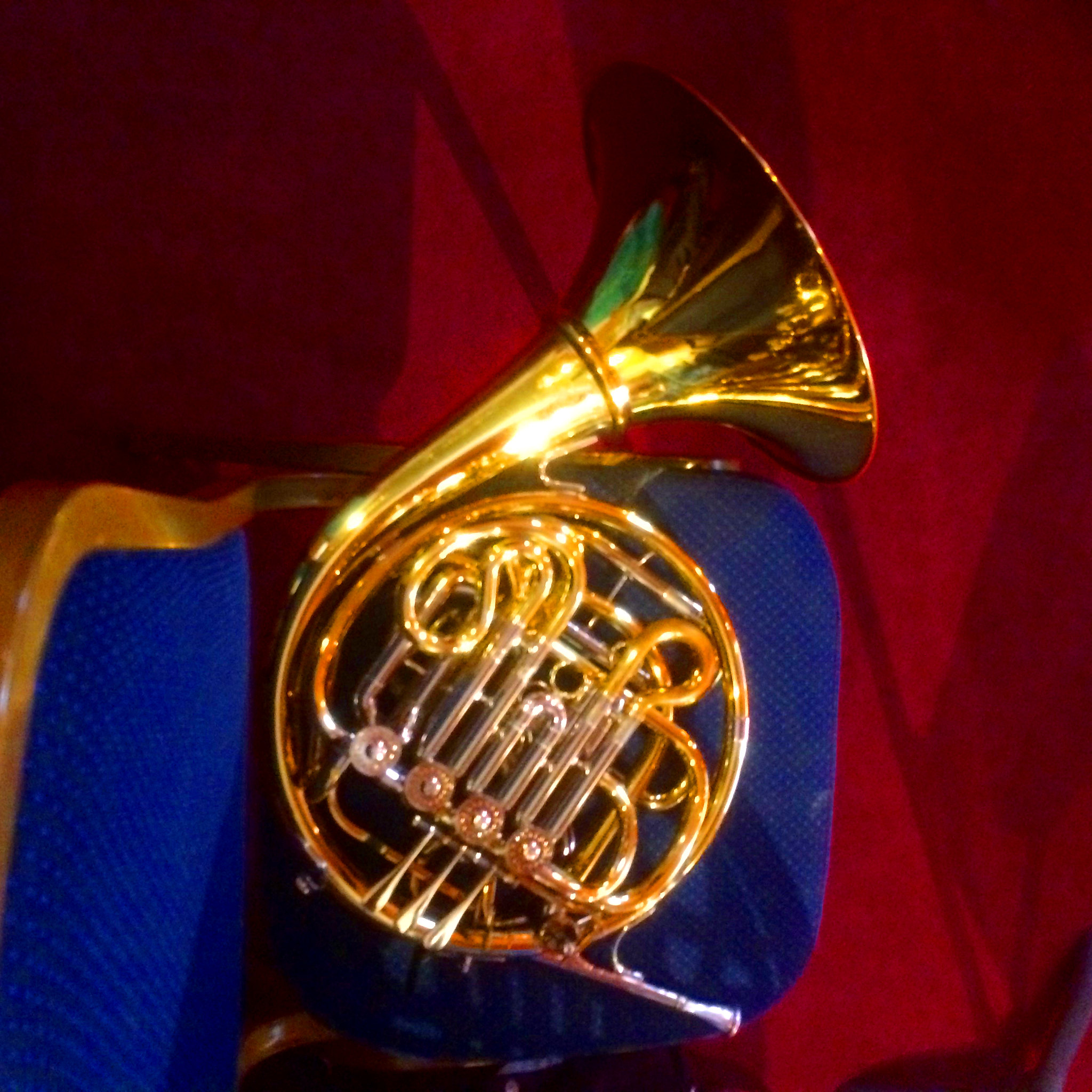Developing a strong French horn embouchure takes time and patience, but consistency is the surest way to improvement. If you are just starting out on the French horn and struggling to maintain a steady practice routine, you may want to try a new approach. The following are a few tips you can try that will likely help to develop and shape your embouchure at a more efficient rate.
1. Practice in Intervals
When you take on learning any new skill, it is easy to get frustrated at first, especially when you have a clear idea of what you want to achieve. Music is no exception. Life would be great if we could all just pick up a new skill and master it in a few hours, but complex tasks don't work that way.
When learning any new skill or even studying for a test, we all learn best when we study in shorter, regular intervals over an extended period of time. Especially when you are just starting, some of your best development will occur if you take multiple shorter practice sessions per day, rather than one long session.
Remember that brass instruments require muscle-building, as your embouchure consists of many small muscles that are isolated any time you play your horn. No one can run a 6-minute mile their first attempt at it, just like no one can play a complete Mozart Horn Concerto on the first go.
My personal recommendation is that beginners start with two 10-minute practice sessions per day. After a week or two, increase those to 15 minutes. Then, for a transition week, try practicing once a day for 20 minutes. If that is successful, add a second session for the day that is 20 minutes or less. That should set you up for quick progression early on.
2. Break Up Your Music
Some beginners get into the habit of playing entire pieces or passages through several times. This will likely help increase your embouchure stamina, but it is a very inefficient way to practice. While it is important to learn everything in context and have a full picture of any music you are working on, technical progress will come faster if you can isolate the difficult sections.
After getting acquainted with a piece, I always advise my students to go back and circle any passages that are immediately difficult. These could include anything with syncopation, accidentals, extended range, etc. Focus on these excerpts during your practice sessions, then gradually put each one in context by adding music before and after them.
Working this way should be enough for any ensemble music, but it will be important to eventually play through any solo piece in its entirety. As you get more comfortable with these difficult sections, it is ideal that you increase your practice time so that you can play the entire piece. This will also steadily increase your endurance.
Similar to cramming for a test, though, you often need time to let the music sink in, especially the difficult passages. By breaking them up, isolating them, and working them in gradually, you will likely master the music faster than simply playing beginning to end each practice.
Take it Down an Octave
It's okay to be kind to your embouchure, especially in a situation like band camp or a festival where you are playing nonstop. High range takes time and patience to develop on any instrument. No one ever hits a high C their first week of French Horn playing (at least not one worth listening to).
When you are first building your range and endurance, don't be ashamed to play things down an octave if your music moves out of your range or you have been playing for a while. Playing the lower octave keeps you playing even though your embouchure is exhausted and it works your transposition skills.
Whether you are in a long band rehearsal (like an honors festival) or you are just pushing yourself during one of your practice sessions, playing high notes down an octave will help to increase your endurance. Playing low is better than not playing at all. To the best of your ability, just make sure you are ready to play everything as-written for the performance.
These are just three simple suggestions for your practicing and rehearsal time, but they will hopefully increase the efficiency of your playing and the rate at which your embouchure grows stronger. They will at least help you think about how you practice and be more intentional with the time your horn is on your face. More importantly, this advice will encourage you to spend more time contemplating or thinking about the music you are working on, which is the surest way to improve your musicianship.




